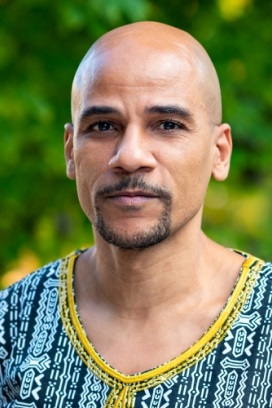Enrique Okenve teaches African history as well as historical research methods and, currently, is the Head of Department. His research focuses on the Central African region and the transformations that local societies experienced during the nineteenth and twentieth century, particularly in Equatorial Guinea. His cross-disciplinary research relies heavily on the use of oral history, as reflected in published articles and book chapters dealing with different aspects of Equatorial Guinea’s history. His publications include works in English and Spanish such as “El ocaso de los ancestros: Expansión europea y transformación espiritual en Río Muni”, “An Island in the Middle of Everywhere: Bioko under Colonial Domination”, “Colonización, resistencia y transformación de la memoria histórica fang en Guinea Ecuatorial”, “They Were There to Rule: Culture, Race and domination in Spanish Equatorial Guinea”, or “They Never Finished Their Journey: The Territorial Limits of Fang Ethnicity in Equatorial Guinea”. He is currently working on a book that explores the development of tradition as the ideological tool that aided Fang communities to retain power against the Spanish colonial state in Equatorial Guinea.

